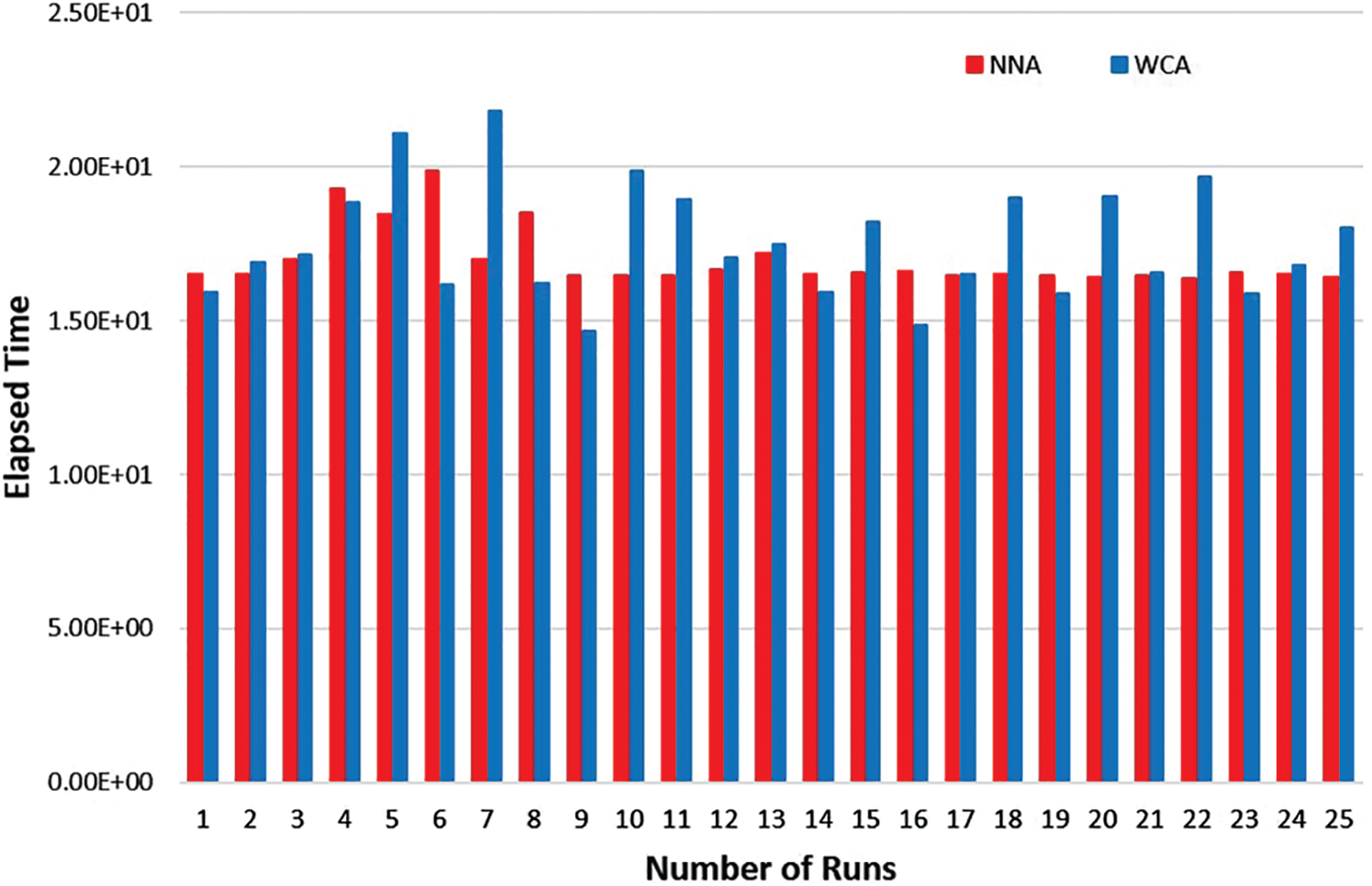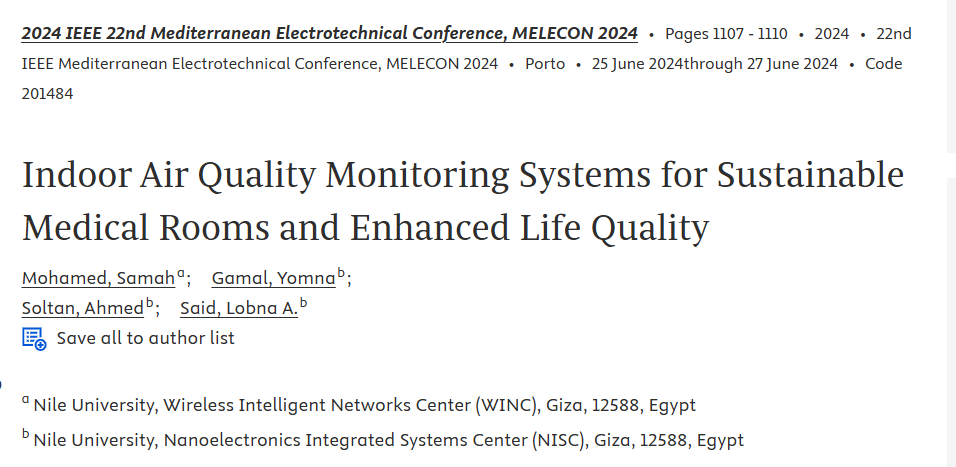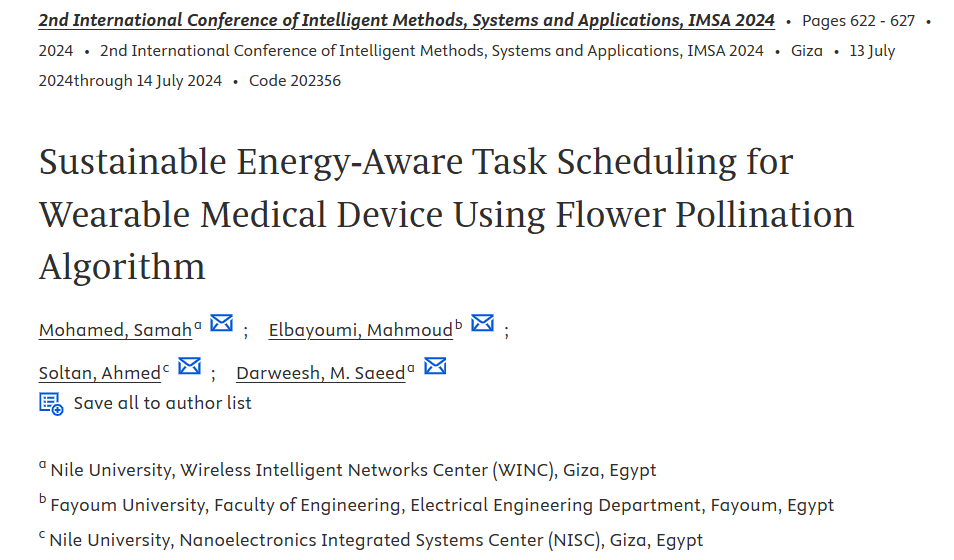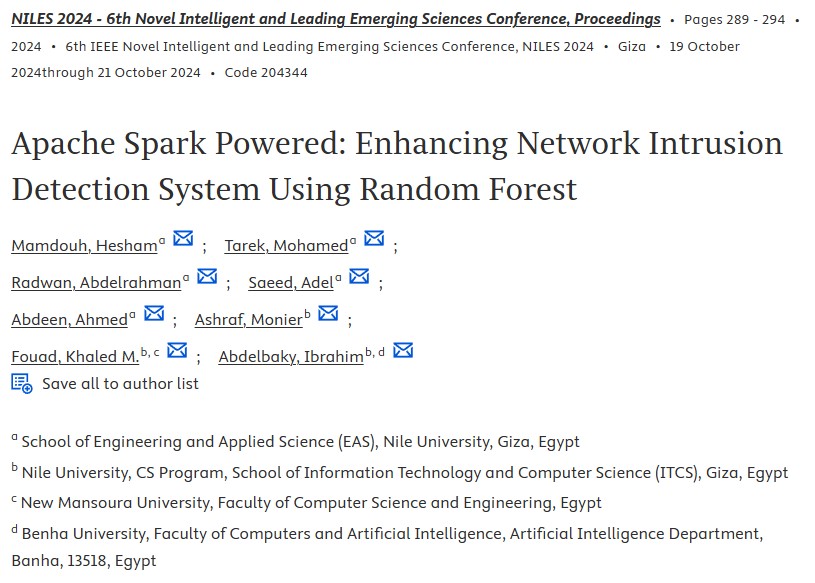
An artificial intelligence approach for solving stochastic transportation problems
Recent years witness a great deal of interest in artificial intelligence (AI) tools in the area of optimization. AI has developed a large number of tools to solve the most difficult search-and-optimization problems in computer science and operations research. Indeed, metaheuristic-based algorithms are a sub-field of AI. This study presents the use of the metaheuristic algorithm, that is, water cycle algorithm (WCA), in the transportation problem. A stochastic transportation problem is considered in which the parameters supply and demand are considered as random variables that follow the Weibull distribution. Since the parameters are stochastic, the corresponding constraints are probabilistic. They are converted into deterministic constraints using the stochastic programming approach. In this study, we propose evolutionary algorithms to handle the difficulties of the complex high-dimensional optimization problems. WCA is influenced by the water cycle process of how streams and rivers flow toward the sea (optimal solution). WCA is applied to the stochastic transportation problem, and obtained results are compared with that of the new metaheuristic optimization algorithm, namely the neural network algorithm which is inspired by the biological nervous system. It is concluded that WCA presents better results when compared with the neural network algorithm. © 2021 Tech Science Press. All rights reserved.




